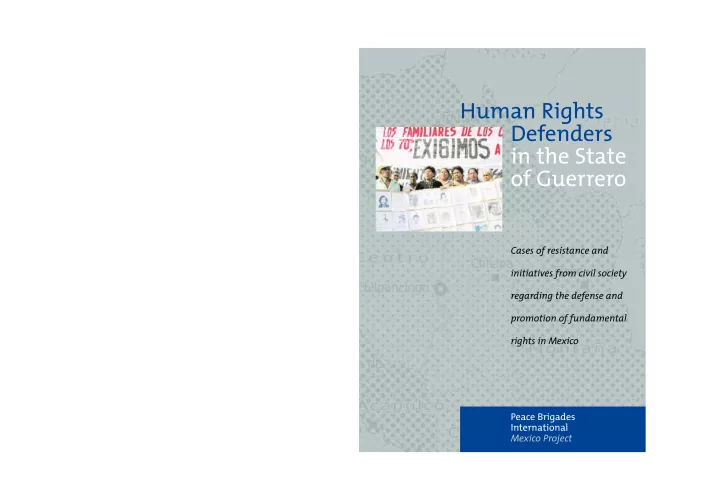Women human rights defenders
UK delegation of lawyers meet with defenders to discuss human rights violations in urban settlements
Article by Julia Lowis, Barrister, 3 Hare Court
“Women need to be in power because women are powerful and very bold.”
I was born in Kibera and then I moved up country with my family. When I came back to Nairobi, I ran a community-based organisation (CBO) in Dandora to empower women on their human rights, in particular gender-based violence and defilement cases. We also taught entrepreneurship because we used to build women’s skills so they can survive on their own.
“You can really make things better.”
I was born in Nairobi, after which we moved up country where I grew up. I took some jobs there working in first aid rooms and then I came to Mukuru twenty years ago. I became a Human Rights Defender when I worked in a clinic in Mukuru. However, in 2007, they closed the clinic because of the post-election violence. After staying home for two years I decided to work as a volunteer at the community health centre. It was better for me to be there than to stay in the house. My family is in Mukuru, they think a job is a job and they are supporting me.
“Once you have seen somebody who has been affected, it pinches you, it hurts you.”
When my husband had a work accident in 2007 and passed away, my brothers-in-law told me I had to move from Mukuru to eastern Kenya, where I had to stand all day long with my little child on my back, grinding maize for customers to get flour. My little child developed a health problem but my father-in-law would not let me take her to the hospital. My cousin sent me a bus fare and I went back to Nairobi so I could access medication for my child.
“Activism is a calling.”
There is a lot of hardship growing up in Mathare, like in any other informal settlement. Reaching 30 years for a young man and not being dead is an achievement. Reaching the age of 25 for a young woman and not being pregnant or forced into early marriage is an achievement. We end up losing most of our people in Mathare. We survive with one or less parents.
“I can now stand for my rights without fearing anyone or anything.”
I was born in Mathare and it was not easy growing up here. At times we don’t have the necessities, the basic needs, like water and housing. My childhood was not so nice because sometimes in this village there is fighting between the landlord and tenants, so the landlord shuts your house and you have to sleep outside.
“Women’s and children’s rights should be the key agenda”
I was born in Kibera and I grew up in Kibera. Being in the informal settlement, I can confess that it is not an easy journey. You are born into a very tough environment; an environment with unsuitable shelter, no access to clean water, it is a challenge.
“I feel the pain that others are undergoing”
When I was young I used to have many friends in Mathare, we really enjoyed the life of the slums because we were a part of it. We were born there and it was our home. Living in Mathare, one is always surrounded by people; we school together, we shop together, we work together, we go to church together, we do everything together. Growing up, we were like a family there.

